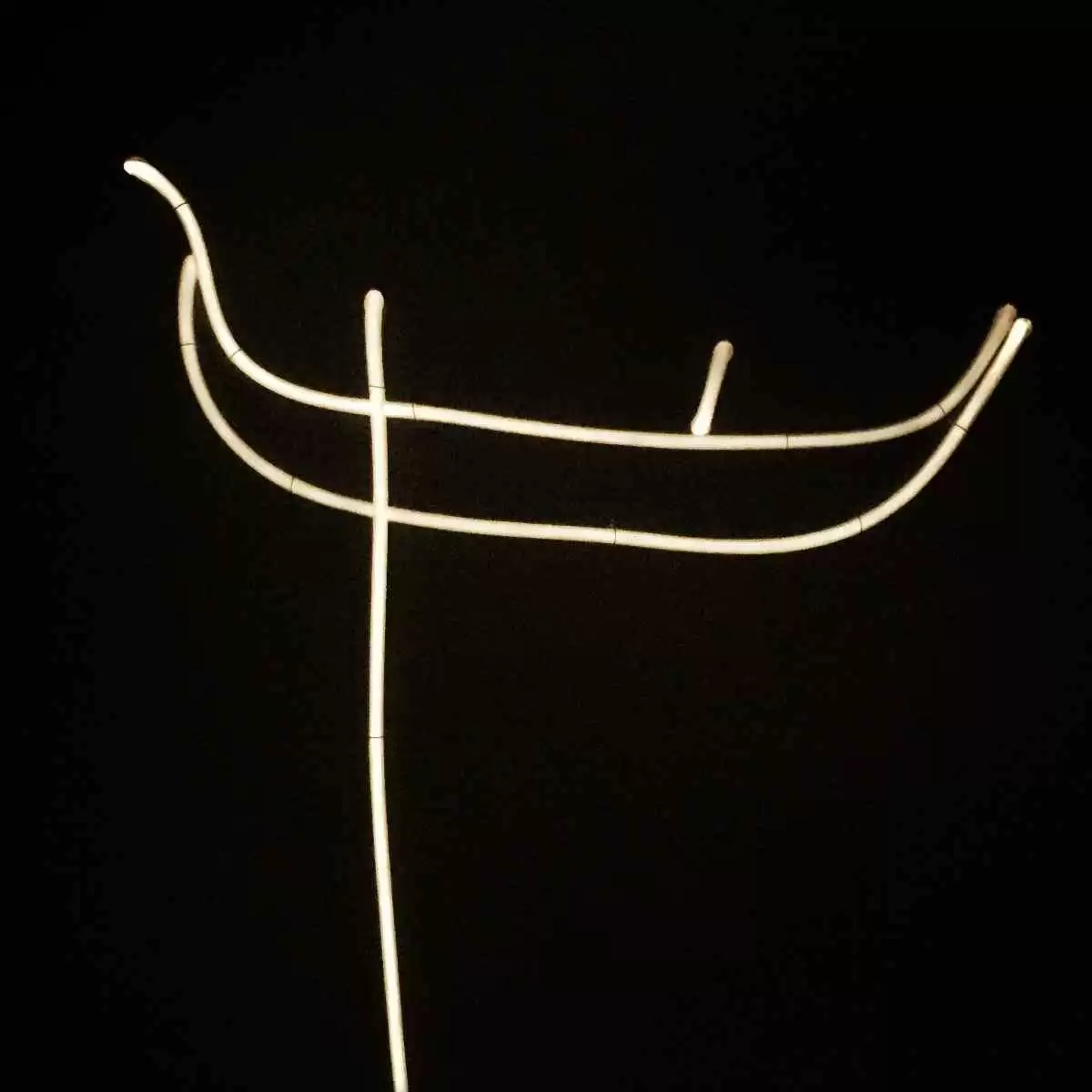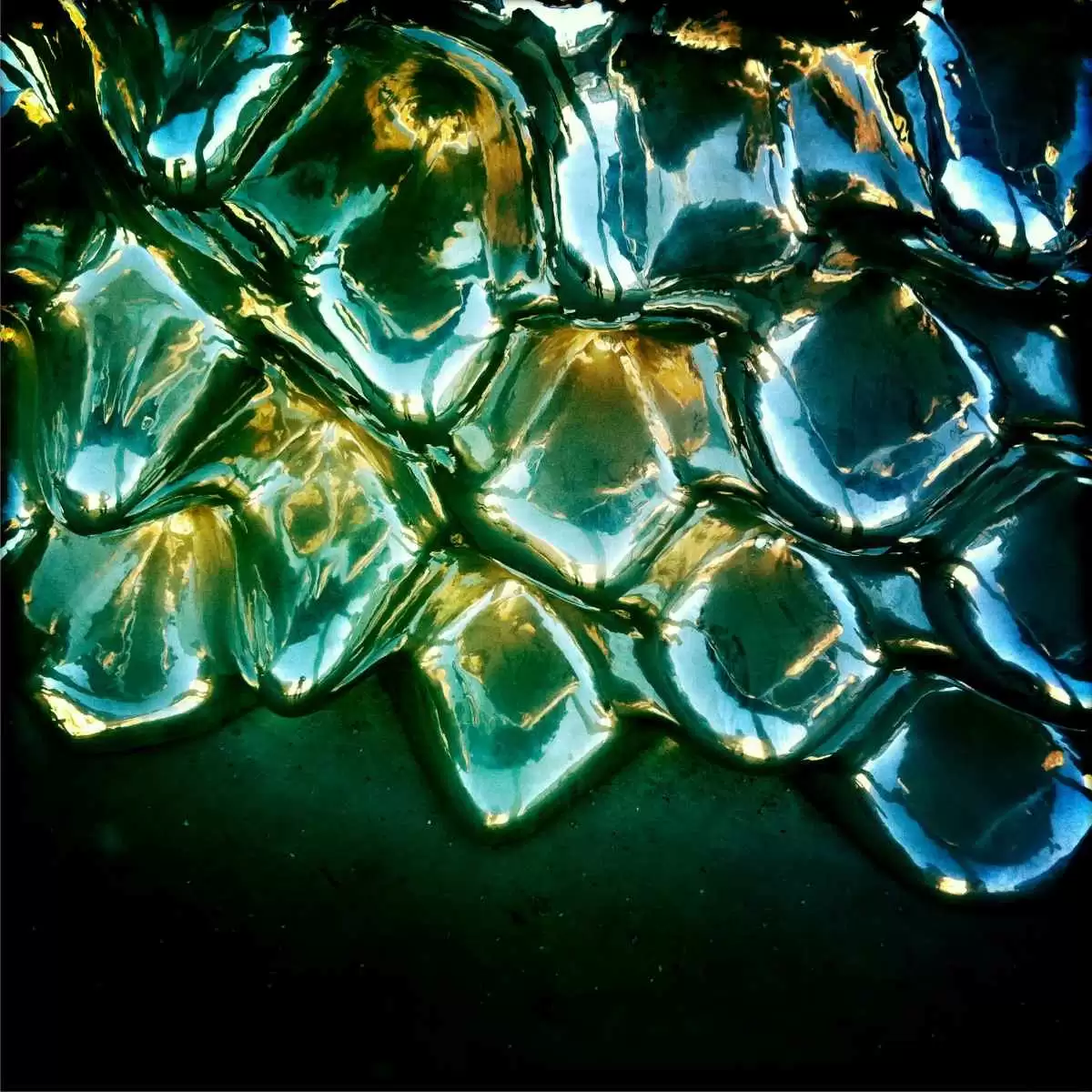Celiac.com 12/13/2023 - Celiac disease is a common autoimmune disease affecting more than 1% of the population. In celiac disease, the ingestion of gluten, a protein found in wheat, barley, and rye, triggers an immune response targeting the small bowel. In susceptible individuals, this immune reaction leads to both gastrointestinal and systemic symptoms.
Unlike some other autoimmune diseases, the specific immunogenic antigens responsible for the immune response in celiac disease have been identified and extensively characterized. Consequently, a gluten-free diet has long been established as an effective treatment. This is not an easy task, partly due to a lack of awareness of the gluten content in foods, and the extensive incorporation of gluten into many processed foods. Furthermore, a gluten-free diet can impose a sense of limitation, and can be associated with decreased quality of life, in some celiac disease patients.
Celiac.com Sponsor (A12):
This contributes to gluten contamination in the diets of four out of five celiacs trying to follow a gluten-free diet. Furthermore, one in three adult celiac patients will report persistent symptoms, while two in three will not achieve full histological recovery when on a gluten-free diet.
In recent years, extensive research has fueled a quest for a pharmacological treatment for celiac disease, the development of which represents a sort of a Holy Grail for many researchers and patients. A new review presents a concise description of the current rationale and main clinical trials related to celiac disease drug therapy.
The review is the work of by Professor Mariana Verdelho Machado, with the Gastroenterology Department, Hospital de Vila Franca de Xira, Nª 2, Vila Franca de Xira, Portugal; and the Clínica Universitária de Gastrenterologia, Faculdade de Medicina, Universidade de Lisboa, Avenida Prof. Egas Moniz, Lisbon, Portugal.
Estimates suggest that over 1% of the global population, roughly 80 million people, is affected by celiac disease. The classical presentation involves symptoms of malabsorption, such as diarrhea, weight loss, and nutritional deficits. However, a significant portion of patients either remains asymptomatic or experiences non-specific and extra-intestinal symptoms. Despite the challenges posed by the strict dietary regimen, achieving mucosal healing through a gluten-free diet is crucial, particularly given the increased mortality observed in some cohorts of celiac patients.
Challenges with the Gluten-Free Diet
The gluten-free diet is currently the only proven effective treatment for celiac disease. However, its implementation presents various challenges. Adherence rates to a strict gluten-free diet fluctuate widely, ranging from 42% to 91%. Moreover, even among those who claim adherence, up to 80% might inadvertently consume gluten due to contamination or non-compliance. Additionally, achieving mucosal healing, a critical aspect of managing celiac disease, appears to occur in less than half of adults following a gluten-free diet.
Rationale for Drug Development
In the past decade, there has been a concerted effort to explore pharmacological treatments for celiac disease. The endeavor is particularly challenging as a well-established, non-pharmacological therapy— the gluten-free diet—already exists. For a new drug to be a viable alternative, it must demonstrate efficacy, lack significant adverse effects, be simple to administer (preferably orally), and be cost-effective.
Pharmacological Treatments in Focus
Efforts in drug development for celiac disease have focused on three main scenarios: maintenance therapy, rescue therapy after acute gluten exposure, and mitigation of chronic inadvertent gluten exposure.
- Larazotide: One drug in clinical research is larazotide, designed to stabilize enterocyte tight junctions, thereby reducing intestinal permeability. While phase 2 studies showed promising results in decreasing symptoms and serological markers, a phase 3 trial in 2022 was suspended after an interim analysis revealed no meaningful effects.
- Latiglutenase: Another promising drug is latiglutenase, a mix of glutenases. Phase 2 studies demonstrated its efficacy in preventing mucosal degradation and symptom development resulting from gluten contamination. Latiglutenase is considered a strong candidate for becoming a standard adjunctive therapy in celiac disease treatment.
IL-15 Pathway Inhibition: For patients unresponsive to a gluten-free diet or those with refractory celiac disease (RCD), research has focused on the IL-15 pathway. While blocking IL-15 with PRN15 showed disappointing results, tofacitinib, a pan-JAK inhibitor acting on the IL-15 receptor signaling pathway, appears promising.
Immune Tolerance Induction: Inducing immune tolerance to gluten is an appealing strategy to avoid systemic immune suppression. Strategies like therapeutic vaccines and hookworm infestation, despite initial disappointment, have not been entirely ruled out.
Future Prospects and Considerations
The ongoing research prompts questions about the role these emerging drugs might play in treating extra-intestinal manifestations associated with celiac disease, such as neuropsychiatric and autoimmune conditions. While these drugs offer hope, they must surpass the effectiveness and safety of the existing dietary therapy, a high bar given the complexity of celiac disease and the challenges posed by gluten exposure.
The researchers conclude that celiac disease patients need effective and practical treatment options beyond the stringent gluten-free diet. They also note that ongoing developments in pharmacological treatments bring hope for improved management, especially for patients facing challenges with dietary adherence and inadvertent gluten exposure.
However, the complexity of celiac disease demands a meticulous approach to drug development, ensuring not only efficacy and ease of use, but also safety and accessibility. As research progresses, the landscape of celiac disease management may witness transformative changes, offering a brighter outlook for those living with this autoimmune condition.
Read more in the Int. J. Mol. Sci. 2023, 24(2), 945.










Recommended Comments
Create an account or sign in to comment
You need to be a member in order to leave a comment
Create an account
Sign up for a new account in our community. It's easy!
Register a new accountSign in
Already have an account? Sign in here.
Sign In Now